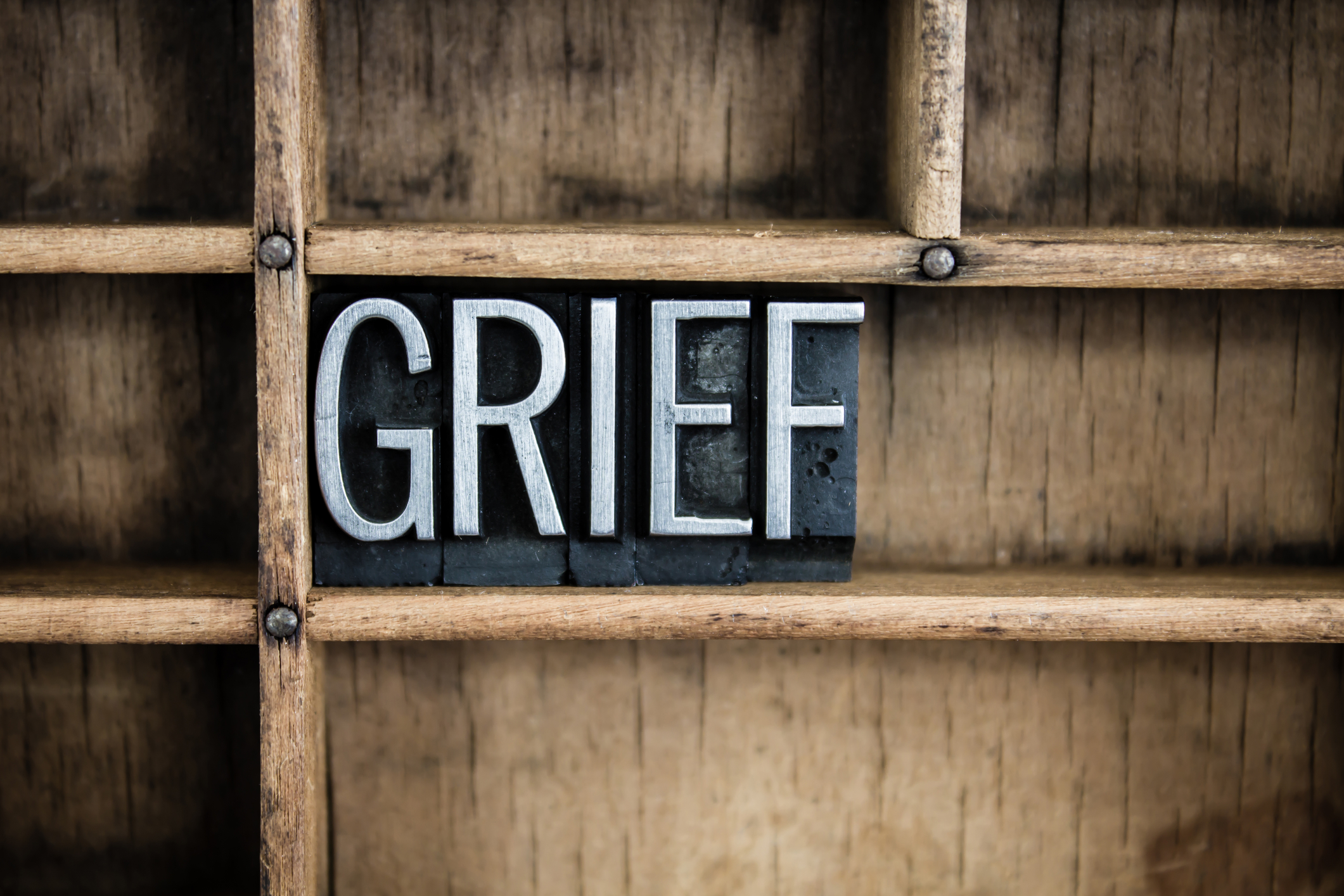As a therapist, I work with people on a variety of topics that can range anywhere on the intensity spectrum. Some individuals want to work on setting and reaching personal development goals, while others seek me out because I’m a certified trauma therapist and they’ve walked through the searing fire of life-altering experiences. Even though the spectrum of counseling is wide, there are several common themes that may be present, such as a wave of grief that often accompanies reaching new levels of healing and growth.
As the therapeutic process continues, people begin to see a transformation happen within themselves. They can point to tangible evidence that shows they’re getting healthier and feel themselves coming to life from achieving their goals. Each person who reaches this place of growth expresses heartfelt gratitude, but can also be surprised that the other emotion they’re now feeling is grief. This grief centers around the years lost and wasted moments that feel unredeemable. Often, this grief can turn into self-blame for feeling like you could’ve done things differently or not waited so long to begin making healthy choices.
With all growth, whether after trauma or personal development, there comes a wave of grief. It sounds like, “Why didn’t I do this sooner? Why did I let myself live like that for so long? How could I have wasted so much time? How could I have been so blinded by what was happening?”
While we don’t expect sadness to accompany reaching a milestone in our growth, it’s a common experience. Once we’ve tasted the goodness of restoration in an area of life, we kick ourselves for not having made the changes sooner. In order to fully enjoy our growth, we must address this new grief.
The good news is that the bouts of sadness that come with growth are often short-term. It’s not the sort of grief that lingers and drains your soul. If addressed properly, growth grief should only last a few weeks. Once acknowledged, this grief dissipates rather quickly because regret isn’t the same as a fresh trauma experience or remaining stuck without hope for change. It’s sadness for what could’ve been sooner.
I believe the grief would linger longer if growth wasn’t the catalyst. In other words, if change hadn’t already taken place, the sadness would be a present issue, not looking back at lost days. The sadness would be about being stagnant, not having already overcome. This helps move the growth grief needle along quickly and for that, I’m grateful. It would be terrible to work hard at making lasting changes only to get trapped in a box of shame for what could’ve been sooner. What a complete waste of time and effort towards growth.
Radical acceptance is at the heart of moving past any grieving experience that’s associated with personal development. Once we feel regret settling in, we can move forward by acknowledging exactly what’s been lost during the years of stagnation or trauma wounds. This form of acceptance doesn’t mean we force ourselves to be okay with the harm done. Not at all. Radical acceptance means that we face our sadness, regret and feelings head-on and that might be confusing after reaching a positive milestone.
Any personal growth we experience must be celebrated because it’s not easy to change our habits and hang-ups. As the saying goes, if it were easy, everyone would be doing it. All we need to do is look around to see plenty of people who aren’t putting in the hard work to change themselves for the better or find true healing post-trauma. If you’ve been confronted with the unsettling emotions of regret and sadness after the high of personal growth, be gentle with yourself. You worked hard to achieve the healing, so don’t allow this new season to get bogged down by unnecessary shame or regret. Change happened when you were ready, so enjoy and embrace every moment.
Keep Dreaming Big!
Shannon
